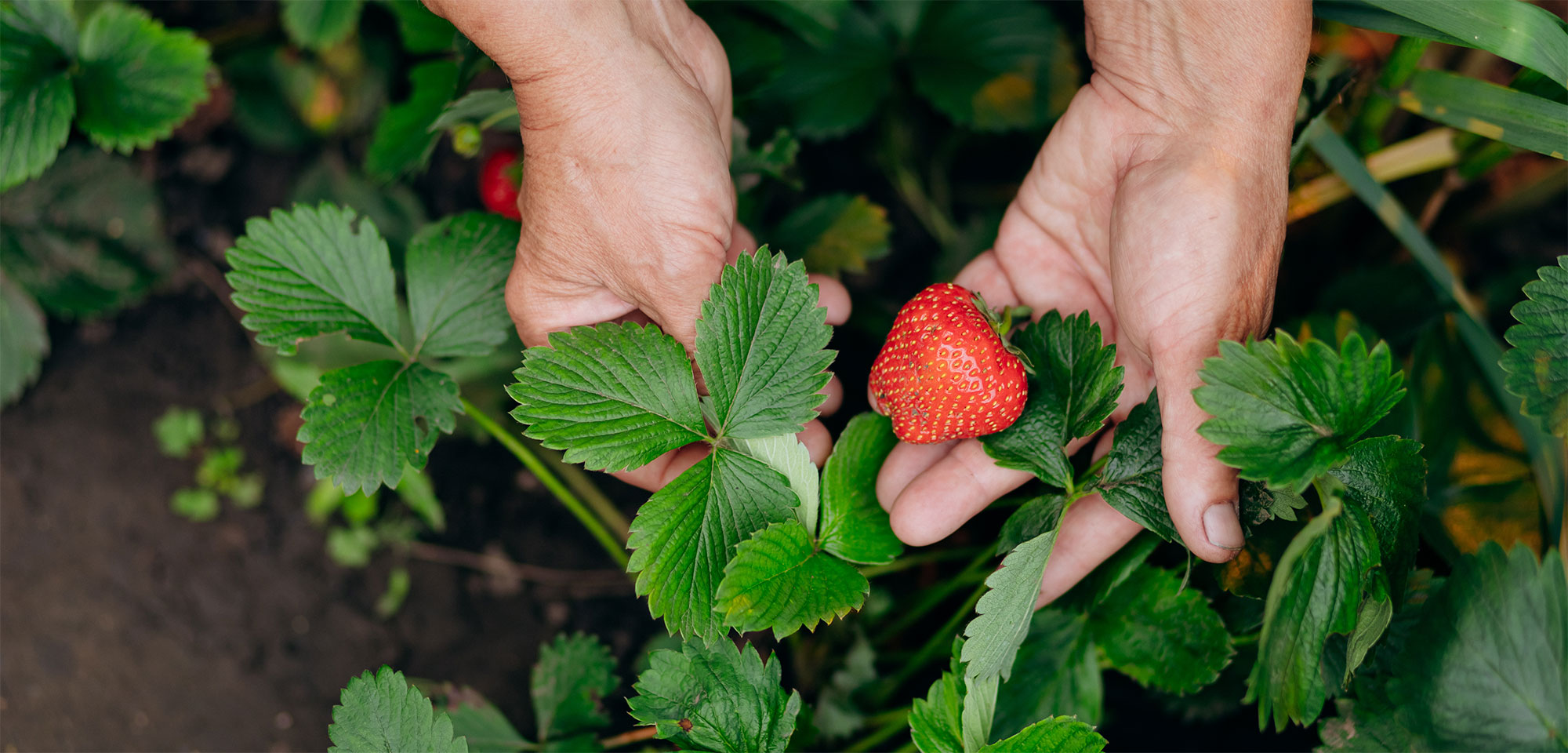It is increasingly more important to adopt a diet based on seasonality. Preferring seasonal fruit and vegetables has immediate impacts on food quality but also, in the medium/long term, on sustainability.
Seasonal food is that which is produced at its own specific time of the year. In order to preserve their properties and ensure a better taste, these foods must ripen naturally, in the sun. In fruit and vegetables produced out of season, the ripening process is forced, precipitated and in quite unfavourable conditions, such as places of transport or storage – which impairs the taste and reduces the amount of nutrients available in the fruit and vegetables.
Eating seasonally means eating food that is harvested when it is ripe, and also transported to us in as little time as possible. When the time between harvesting and eating foods is too long, the amount of nutrients they offer decreases dramatically. Therefore, the preference for a diet based on seasonality is also a choice for proximity, i.e. for local production. What is seasonal is good and what is Portuguese is also good, of course.
In addition to contributing to the dynamism of local communities, eating seasonal food is a decision in favour of the environment. By reducing the use of transport, we reduce the use of fossil fuels. By respecting the right times for ripening and harvesting fruit and vegetables, the use of artificial fertilisers and preservation and refrigeration methods is avoided.
A very interesting detail regarding seasonal fruit is the fact that it has, in its characteristics and nutritional properties, what we need most in each particular season. In warmer seasons like spring and summer, seasonal fruit is naturally more watery, satisfying our need for more liquids to keep us hydrated. On the other hand, seasonal fruit is naturally richer in vitamin C in the colder seasons like autumn and winter, helping to strengthen our immune system and enabling it to fight viruses and illnesses that are more frequent at this time.
For all these reasons, at A Padaria Portuguesa we increasingly seek to take advantage of seasonality and create products with greater flavour, quality and freshness.
With the arrival of strawberry season, we have replaced the usual blueberries and raspberries in the mascarpone cake and the usual banana in the porridge with fresh strawberries from José Rita’s farm in Almeirim. This ingredient can also be enjoyed on its own – in fruit cups – with yoghurt from the Azores and even with our chocolate croissants. You can also try the new doughnut with Casa da Prisca strawberry jam, filled daily in our kitchens.
In addition to seasonal fruit, we use a wide variety of organic seasonal greens to prepare our sandwiches and salads.

